Cost-Effective Waterproofing Options for New Constructions
Waterproofing is a critical component in protecting structures from water intrusion, which can cause significant damage over time. Proper waterproofing techniques help prevent leaks, mold growth, and structural deterioration, ensuring the longevity of buildings and infrastructure. The process involves applying specialized materials to surfaces vulnerable to moisture, such as foundations, roofs, and basements, creating a barrier against water penetration.
Applying waterproof membranes to foundations prevents water seepage, maintaining structural integrity and preventing basement flooding.
Protects rooftops from water infiltration, extending roof lifespan and reducing potential water damage inside the building.
Ensures exterior and interior walls resist moisture, preventing mold growth and structural weakening.
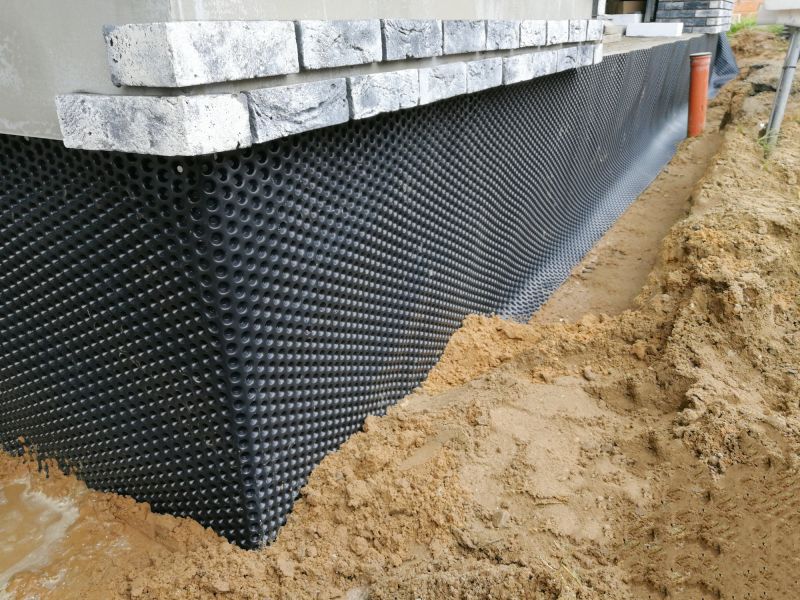
Various materials such as liquid membranes, sheet membranes, and sealants are used to create effective waterproof barriers.
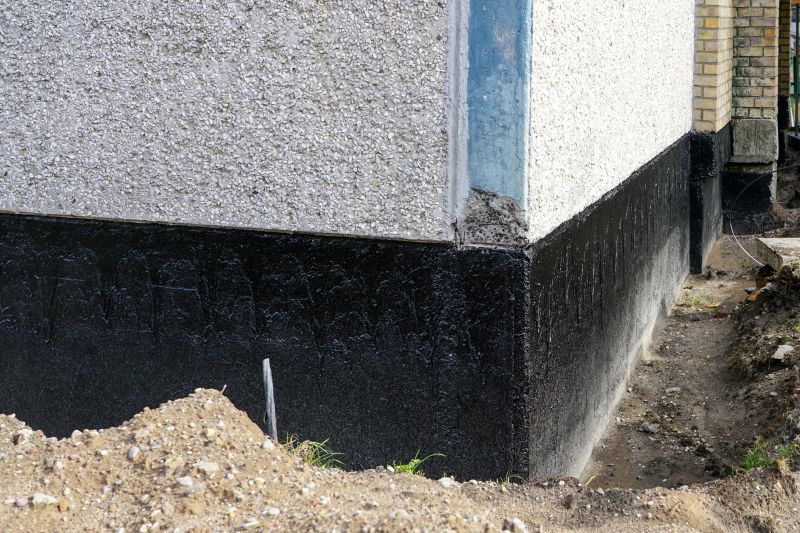
Showcases finished projects demonstrating high-quality waterproofing in different building types.
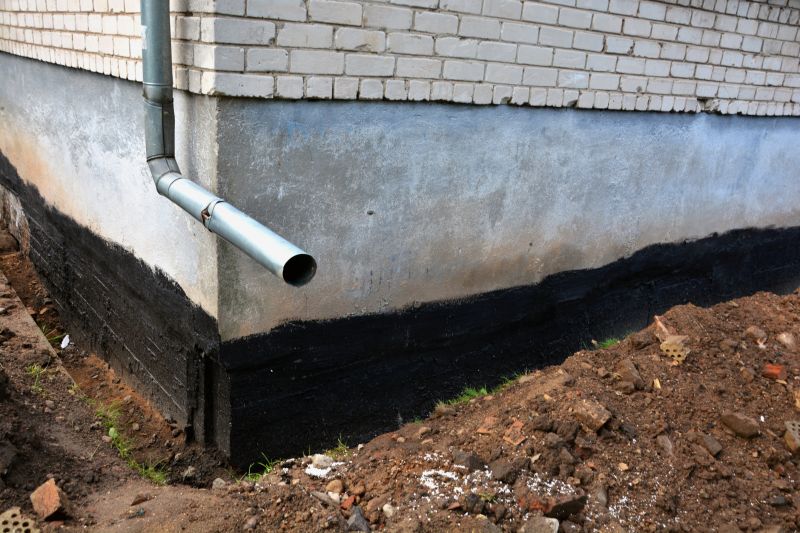
Images depict the careful application of waterproofing layers on foundations and roofs for optimal protection.
The process of waterproofing typically involves surface preparation, application of waterproof membranes or coatings, and thorough inspection to ensure complete coverage. The duration of a professional waterproofing project varies depending on the scope, but most residential applications can be completed within a few days. Proper surface preparation is vital for adhesion and effectiveness, often including cleaning, repairing cracks, and applying primers.
Hiring a professional for waterproofing services ensures the correct materials are used and applied properly, reducing the risk of future leaks and damage. Experienced technicians follow industry best practices, conduct detailed assessments, and utilize specialized equipment to achieve durable results. This expertise helps prevent costly repairs and structural issues caused by water infiltration.
Most residential waterproofing tasks can be completed within a few days, depending on the size and complexity of the area.
Includes surface cleaning, crack repairs, primer application, membrane installation, and final inspection to ensure complete water resistance.
Ensures proper application, reduces future maintenance needs, and protects the structure from water damage and related issues.
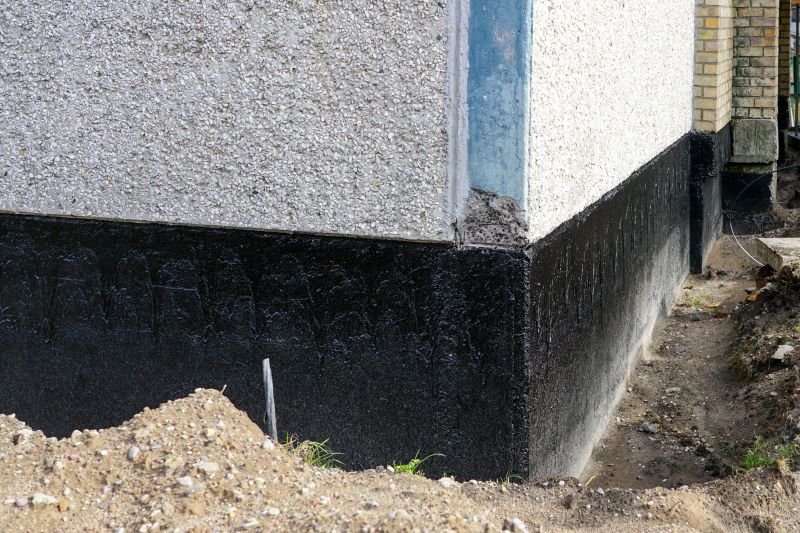
Displays completed waterproofing work on commercial and residential buildings, highlighting quality craftsmanship.

Shows professionals applying waterproof membranes on foundations and roofs for maximum protection.
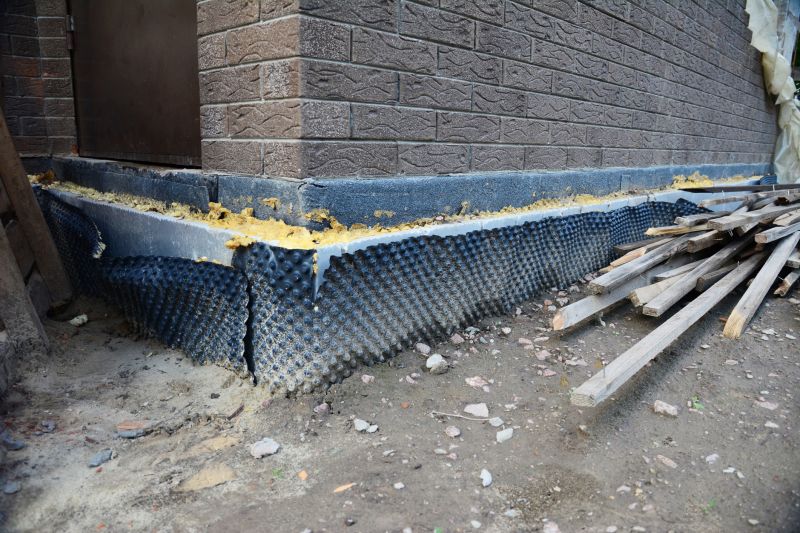
Features various materials used in waterproofing, emphasizing the importance of choosing the right solution for each application.
Proper waterproofing is essential for maintaining the structural integrity of buildings and preventing water-related damages. When considering waterproofing projects, engaging experienced professionals ensures the application is thorough and durable. If interested in obtaining a quote or learning more about waterproofing services, filling out the contact form is recommended to facilitate a detailed assessment and tailored solution.




